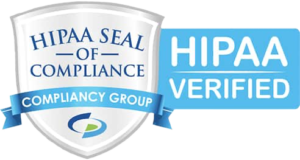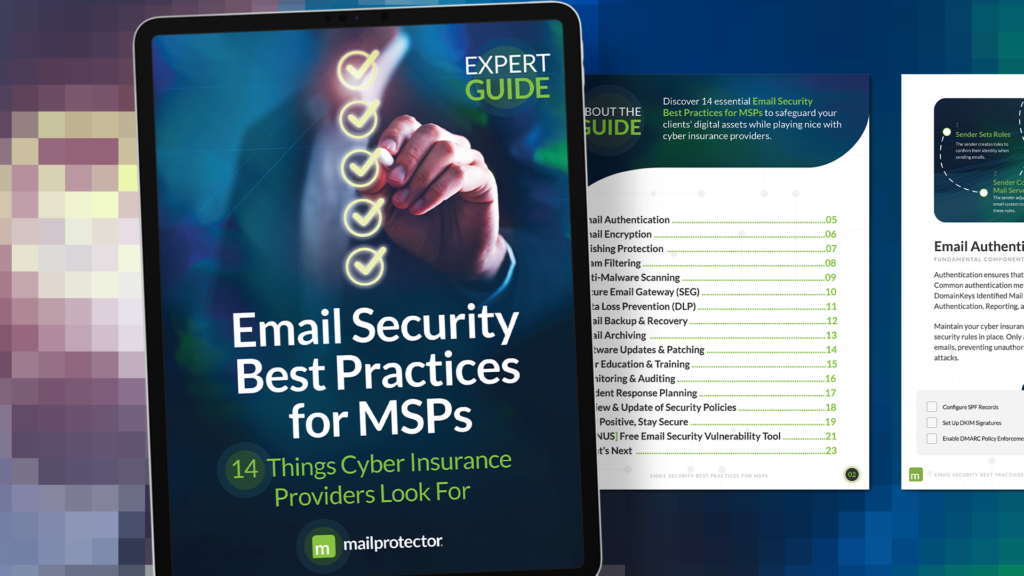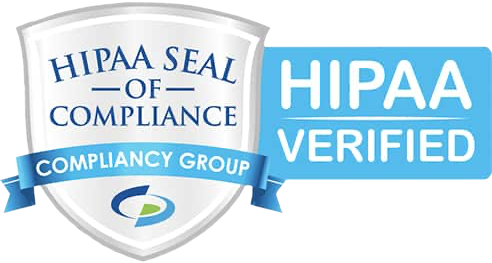Protecting WFH (Work from Home) environments has become a paramount issue for MSPs in 2021. Over the past year and a half, many businesses have moved their employees offsite with success. However, many areas still need improvement.
Is the corporate network secure? Can files and data be shared safely? Would the organization be able to maintain essential functions in the wake of another disaster?
While these concerns plague in-office businesses, the threat landscape amplifies thanks to the use of personal devices such as laptops, smartphones, and tablets outside the corporate network. If not resolved sooner, in 2022, IT service providers will need to address these security downfalls and prepare for future threats. Here are eight technologies that are essential for MSPs looking to accomplish those objectives.
1. Security Operations Center
Whether in office or remote, a SOC is essential to improving an organization’s security posture. This service serves as a hub for monitoring and analyzing every event within a business’s infrastructure. A SOC allows the IT team to protect corporate assets, such as intellectual property and personnel data. Since a SOC provides 24/7 observation, system users can assess and defend against any cyberattacks on the network no matter the time of day. This continuous monitoring and analysis of processes and technology solutions ensures that incidents can be detected and mitigated promptly. In providing a SOC team, your MSP can protect clients’ assets, cover you with regulatory email compliance, prevent network and device intrusions, and reduce the repercussions of an attack.
2. Endpoint Protection
With employees working from home using a variety of tools, securing every network connection is critical. According to a Ponemon Institute Study, in 2019, 68% of IT professionals indicate that their company has experienced one if not more endpoint attacks. Protection beyond traditional antivirus solutions will help your clients decrease their vulnerabilities.
This tech gives full visibility of devices and the ability to respond immediately to targeted attacks. Endpoint management also aids in identifying and managing users’ data access across a network. To comply with an organization’s policies or industry standards, administrators can also limit employee admittance to sensitive data and specific websites. Overseeing all network connections not only prevents outside attacks, but it stops inadvertent data leakage from insiders as well.
3. Virtual Private Networks
A recent survey gauging remote work security habits found that 77% of WFH employees use unmanaged, insecure personal devices to access corporate systems. Twenty-nine percent of the survey takers who do use a corporate computer admit they allow household members to use those systems for other means. Making matters worse, many team members working outside a corporate building utilize public Wi-Fi or private home networks (which can be just as problematic).
Those are just a few reasons why IT services firms must provide their customers with VPN technologies. Using a Virtual Private Network allows remote users to access the corporate network through what is essentially an encrypted tunnel. Sharing data safely while also masking the IP address creates an added layer of protection for both employees and their employers.
4. Email Security & Encryption
Most organizations already employ anti-spam filters, but in an age where social engineering schemes are becoming more sophisticated by the day, comprehensive email security and encryption is essential. From the SMB to the Enterprise, every business needs total protection that filters spam, viruses, phishing attacks, and more. Email security isn’t just about incoming messages. Outgoing email is also a concern. MSPs must be able to stop users from inadvertently sending spam and viruses and enforce sending policies to prevent data leaks.
Employees occasionally do have to send sensitive information via email. You can keep that data secure with encryption technology that ensures only the intended recipient sees the message. Mailprotector’s Bracket email encryption service safeguards that information with one-time links that prevent unauthorized eyes from accessing the email. Users can also sign-in securely without a password and use advanced device fingerprinting.
5. Secure File Sharing
Along the same lines of email encryption are technologies that allow the safe sharing of corporate data. Secure file transfer technology will enable employees to share large records conveniently and collaborate easily without the higher risk of acquiring a virus or malware. The new BracketShare feature is a great example. With this service, your clients’ employees can distribute documents and messages effortlessly using a personalized file transfer page and a URL they can provide to anyone.
BracketShare offers a customizable experience, letting users change share links and personalize invitations. Each sender is also authenticated to ensure your clients’ ultimate security. For your highly collaborative customers, offering these types of services creates a win-win for everyone (including MSPs).
6. Cybersecurity Training
No amount of security solutions will be 100% infallible. Often, the only way for an organization to achieve total protection is through employee education layered on top of the tools you use to keep hackers at bay. Without these vital programs, businesses could subject to greater risk and reputational damage, financial losses, and non-compliance fines.
The most prominent area for human error to affect a company’s security is through phishing. These schemes run rampant and are only getting worse, preying on quarantine anxiety and pandemic fears. For this reason, leaning on end-user training programs is a must for service providers who want to cover all their bases. Utilize education that engages your clients’ employees with game mechanics and logic and a reward system. Most employees see cybersecurity as a hindrance, so it’s critical to utilize gamification as a way to spark interest.
Another pitfall of the average workforce is a lack of care or concern for which passwords they use and how (and where) they store that information. Since many employees are currently working outside the corporate perimeter, where they are more prone to cyberattacks, proper management of login information and other credentials is business-critical.
Passwords are no longer about having the most obscure, nonsensical pairing of letters and symbols. Today, it is more important to have different credentials for each account – that way, if one application or website is subject to an attack, the others will remain protected. Thanks to password management software, your client’s employees don’t have to worry about remembering dozens of logins and can instead access all their credentials from a single, secure source.
Another great safeguard your MSP can implement is multi-factor authentication (MFA). This can be especially helpful for remote workers juggling VPNs, Customer Relationship Management (CRM) systems, corporate social media, and other easily hackable applications.
There is simply no way to ensure 100% that unpredictable events, such as natural disasters, cyberattacks, or other external threats, will not affect your clients. Should a calamity occur, it will be vital to maintain their essential processes and work systems and reestablish complete functionality as quickly and smoothly as possible.
Chances are many were unprepared for a worldwide pandemic and the consequential business shutdowns – something that MSPs can help change moving forward. Prepare your clients for the worst by implementing a business continuity plan, data recovery and backup system, and risk management processes. Regularly test these plans and perform system updates to ensure everything works as intended.
A Stronger Security Posture Heading into 2022
2020 and 2021 were challenging years in many regards – with cybersecurity being just one of the challenges. Though COVID-19 will continue to be a concern in the new year, thankfully, there is still light at the end of the tunnel for managed service providers.
With the changes to business infrastructure and work environments, IT professionals have ample opportunities to become essential to their client’s security and overall business wellbeing. Cybersecurity increases in importance every year, and 2022 will be no different.
Whether you provide all or some of these technologies, don’t let your customers fall behind. Enhancing your cybersecurity stack is also an opportunity to increase monthly recurring revenue streams. When you provide the highest level of support and deliver quality protection, most businesses will be willing to pay a premium for that service.
At the end of the day, you are all in this together. Giving your clients the support and guidance they need to keep productivity high is an invaluable service and a worthy goal for 2022…and beyond.

















